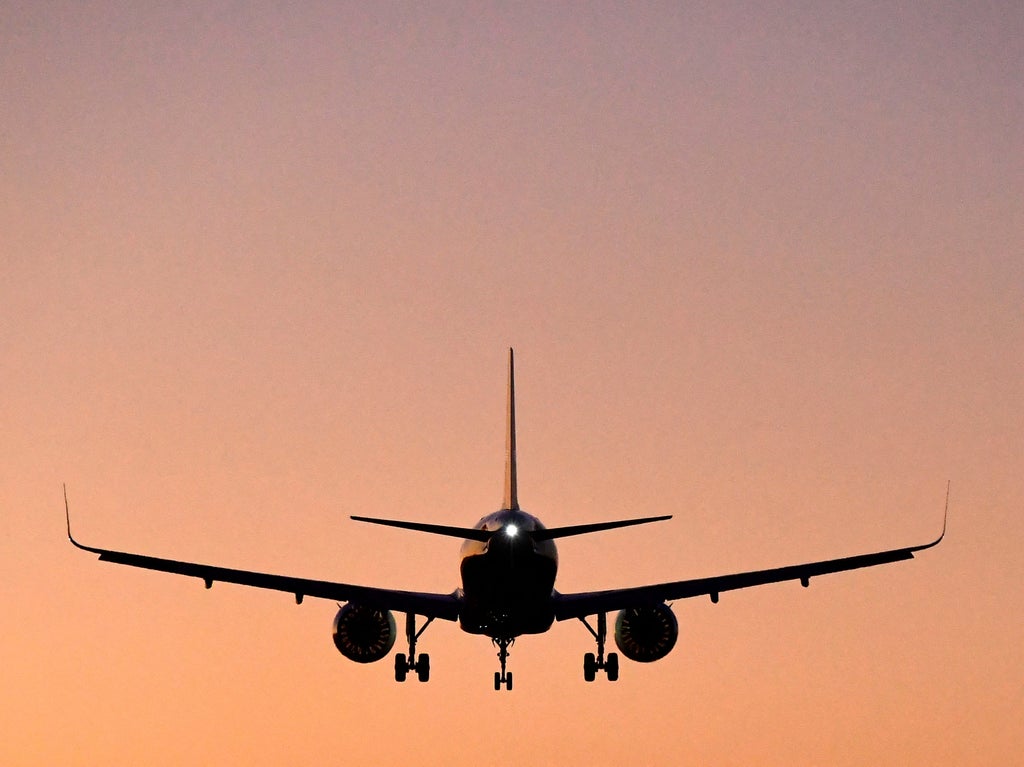
Airlines holding valuable slots at Britain’s busiest airports will have to use them at least 70 per cent of the time this summer or hand them back.
Permits to take off and land at busy airports – notably Heathrow and Gatwick – are among carriers’ most valuable assets. British Airways has more than half the slots at Heathrow, while easyJet has almost half of the slots at Gatwick.
Normally the “80:20” rule applies, requiring airlines to fly for at least 80 per cent of the summer or winter season allocations, or see their slots handed to other carriers.
But during the pandemic, the Department for Transport (DfT) has suspended the requirement as airlines cope with the collapse in demand – which has been far greater in the UK than in any other major European nation.
The transport secretary, Grant Shapps, said: “Today’s extension marks a step back towards normal rules, helping the sector to recover and grow as travel returns while protecting it against any future uncertainty.”
But Willie Walsh, director general of the International Air Transport Association (Iata), responded angrily to the announcement, saying: “The UK government decision on slots, proposing the highest slot use threshold in the world, makes a mockery of their claims to be supporting the recovery of the airline industry and to be champions of the environment.
“Unfortunately this is yet another example of administrative ineptitude from an out-of-touch government.
“It is inconceivable that international demand will average 70 per cent this summer. The government is therefore condemning airlines to operate thousands of flights at low capacity which is environmentally stupid.”
Any alleviation of slot rules tends to work against the interests of airports because it keeps out new entrants who are keen to fly but cannot acquire slots.
While most airports would like to see the 80:20 principle return, they hope that the 70:30 rule will spur an increase in flights and passengers during the summer season, which begins on 27 March.
Gatwick, the UK airport hardest hit by Covid travel restrictions, has welcomed the government’s decision.
Stewart Wingate, chief executive of the Sussex airport, said: “We know there is significant pent-up demand for travel.
“The government’s sensible decision to return discipline to the UK’s airport slot regulations for the summer season is very welcome and means consumers will once again benefit from a competitive aviation market and a wider choice of services.
“The decision will help generate many new routes and connections from Gatwick.
“It will also support the hard-hit aviation sector and wider economy by sending a clear message that markets are returning to normal as we learn to live with Covid.”
Gatwick is currently using only its smaller North Terminal, but British Airways – which has suspended its short-haul operation at the Sussex airport – is selling flights from the South Terminal from late March, when European services resume.
The aviation schedule analyst Sean Moulton said: “The 70:30 rule is a compromise to balance both the existing carriers who want to protect their assets and new carriers who want to enter the UK market.
“No policy would be supported by all parties, however, the summer rules should allow some recovery and give some confidence to customers.
“Airlines will be able to protect some of their assets whilst new entrants may lead to greater competition and lower prices to consumers.”
If new Covid-related travel restrictions prevent airlines from using slots, they will be able to claim justification for not using them in addition to the 70:30 principle.
Airlines would be able to apply for this measure if a country requires hotel quarantine or closes hotels or restaurants as a result of the virus.
One aim is to reduce the number of “ghost flights” operated without passengers purely to keep slots. A petition to ban such flights has attracted nearly 6,000 signatures.
But Luis Gallego, chief executive of IAG – parent company of British Airways – said: “In the current circumstances, this decision would force airlines to operate flights with low load factors which will generate unnecessary CO2 emissions.
“This is bad for the environment and detrimental to aviation’s efforts to tackle climate change”.







